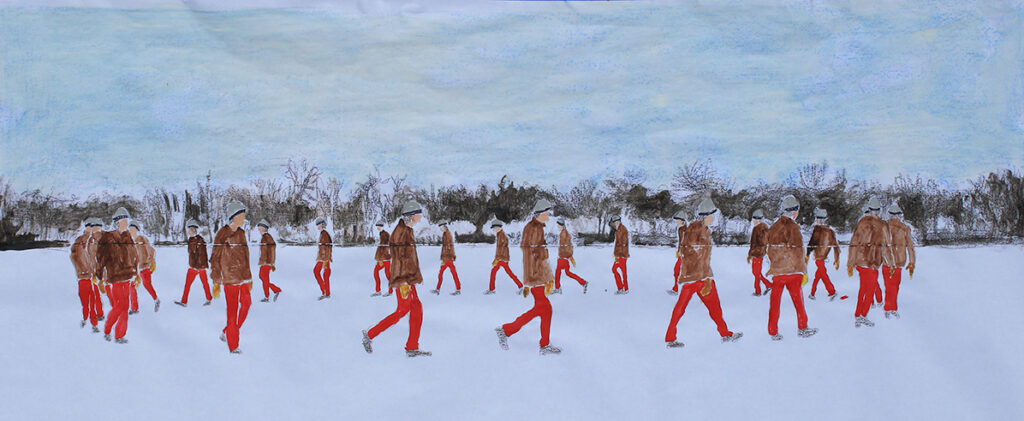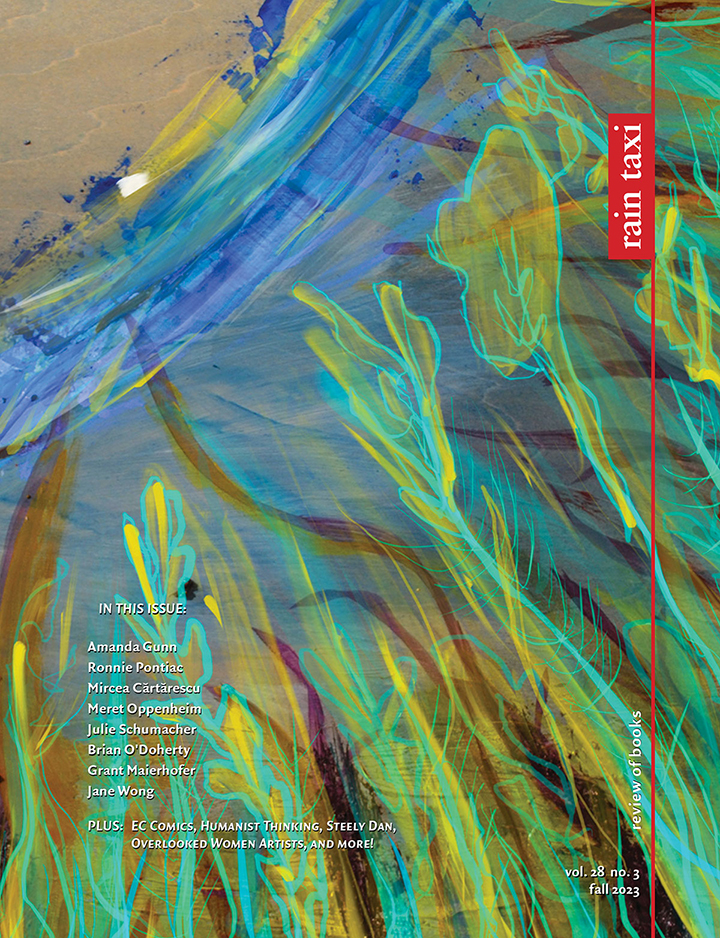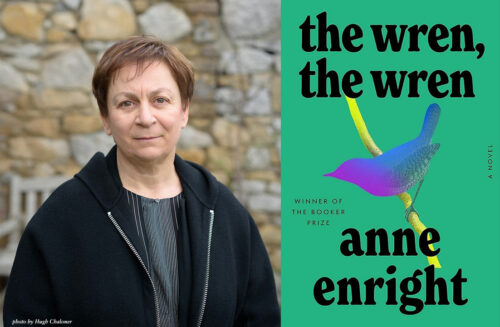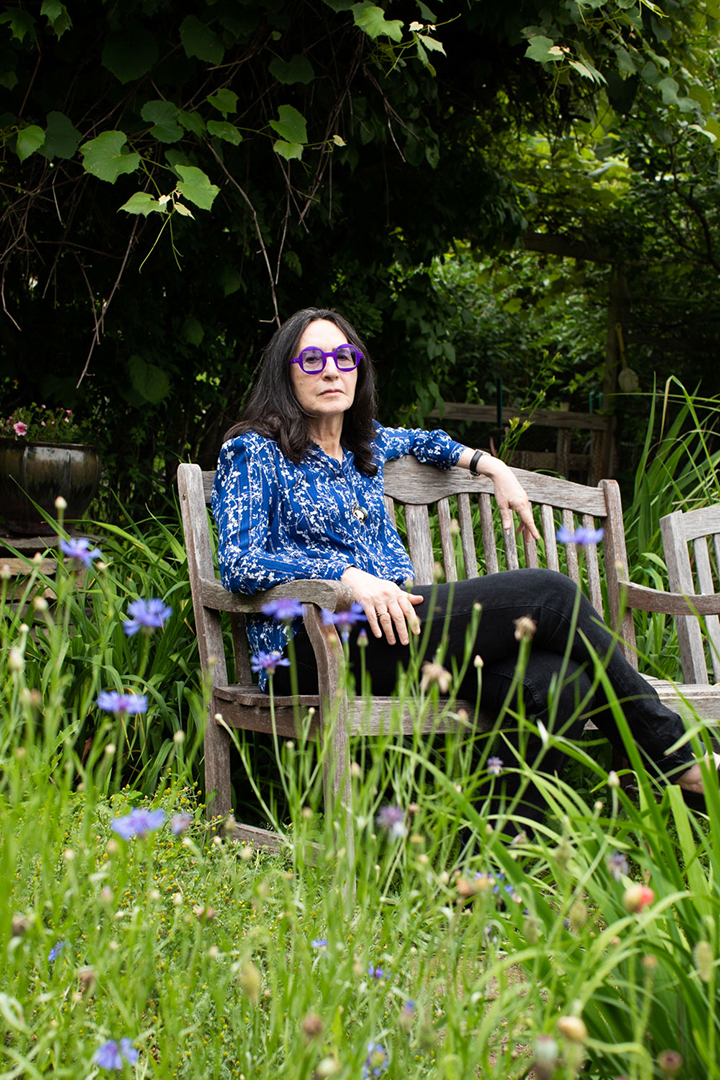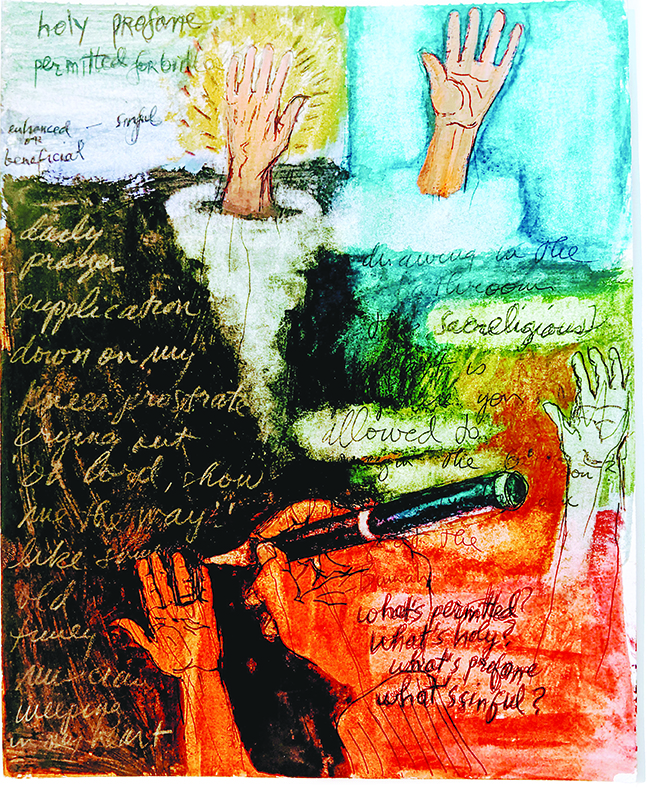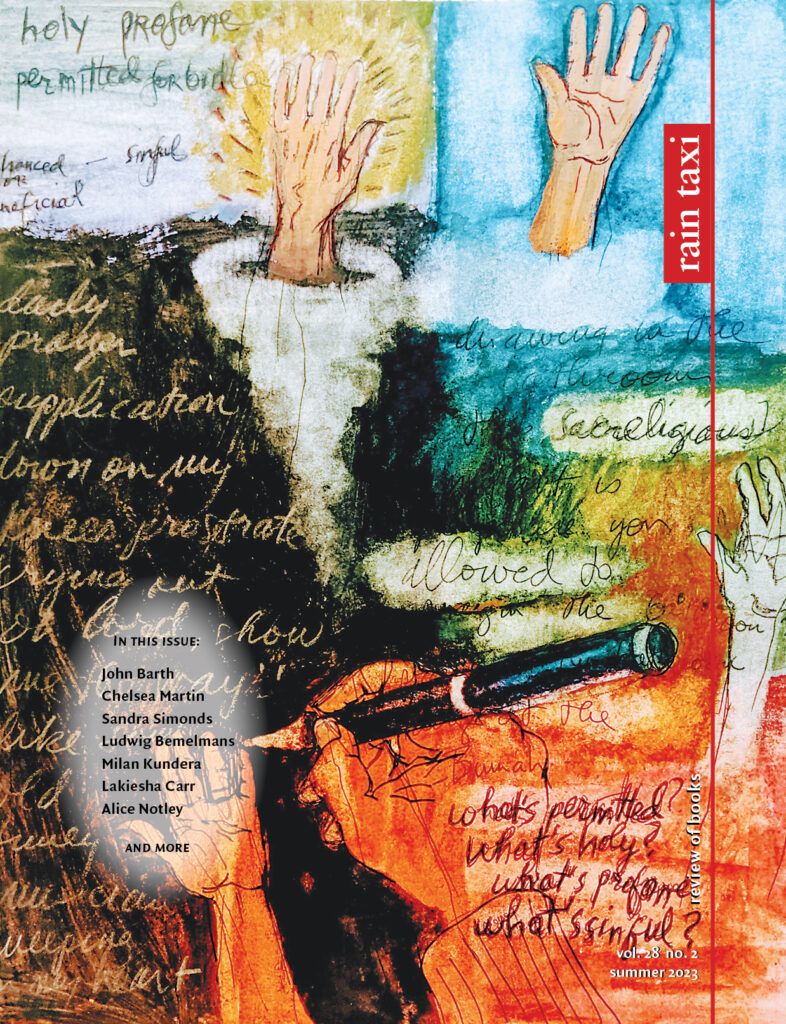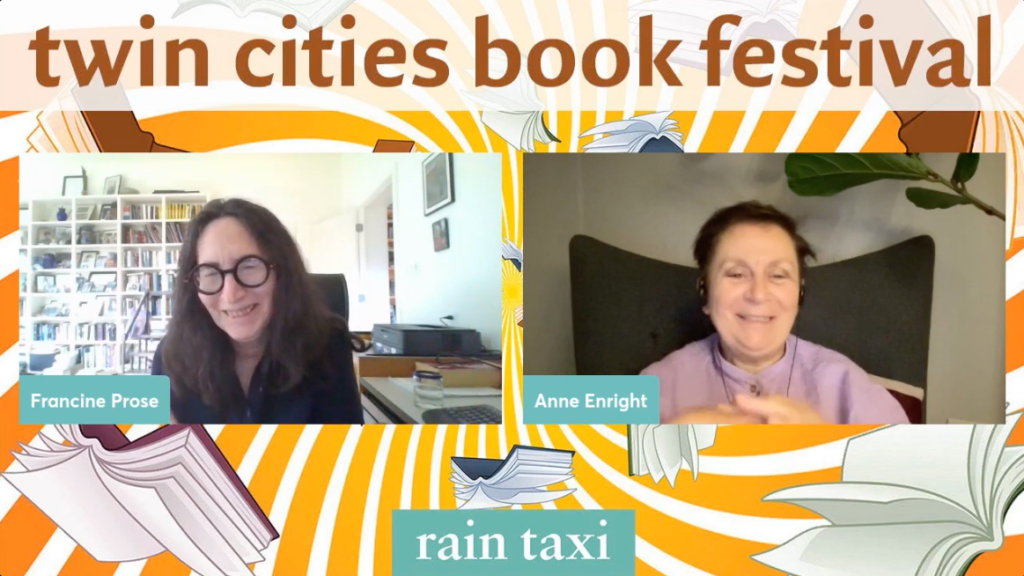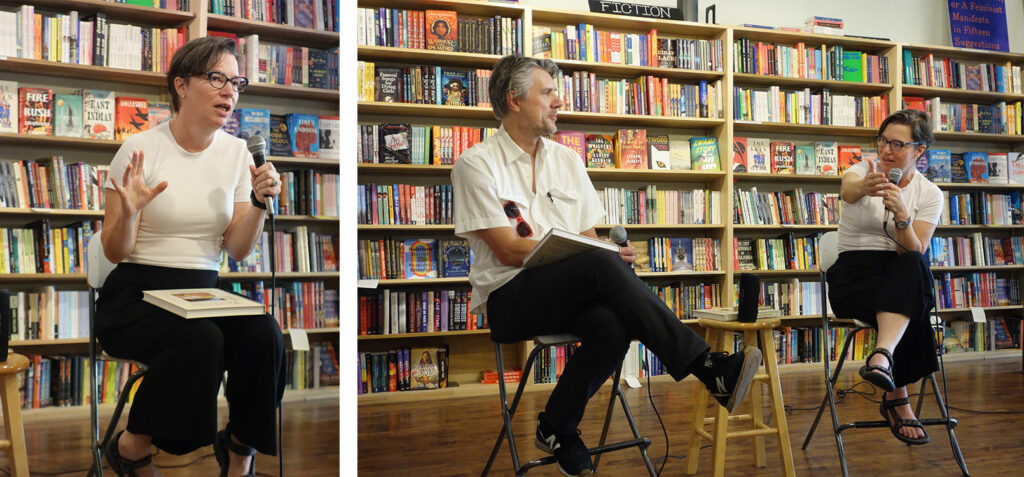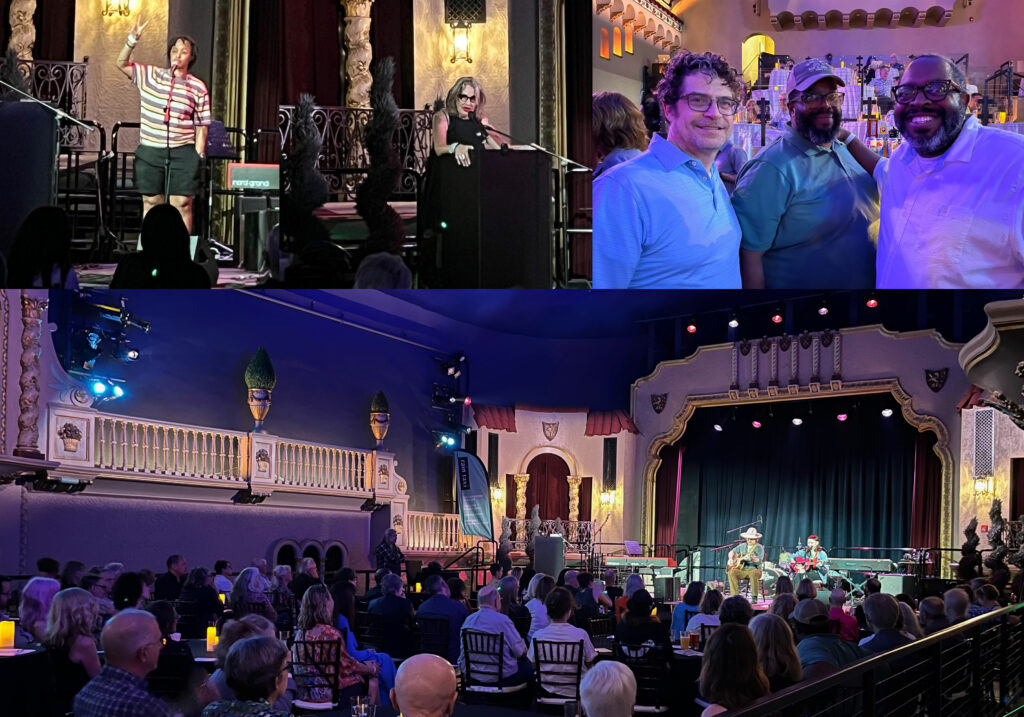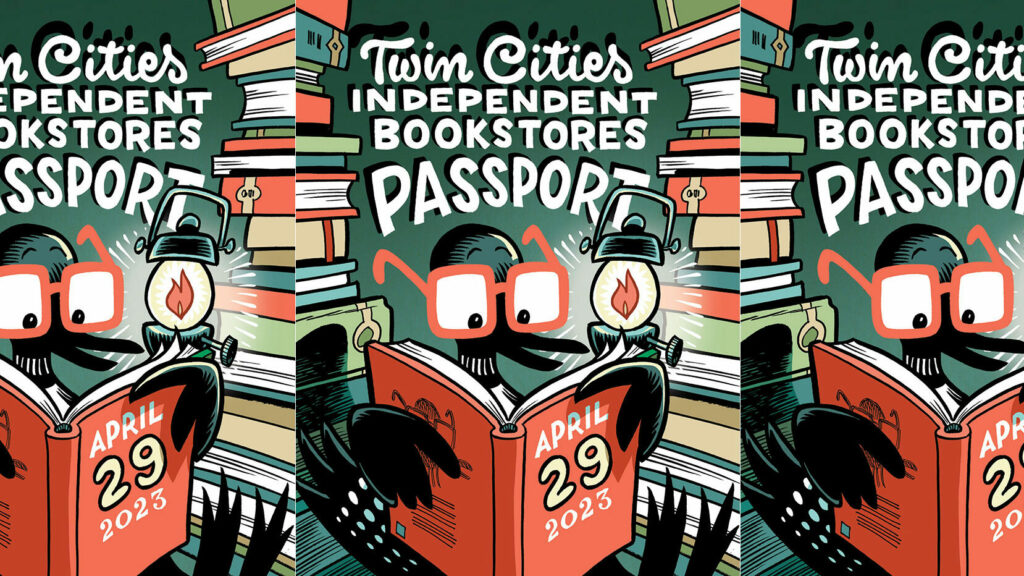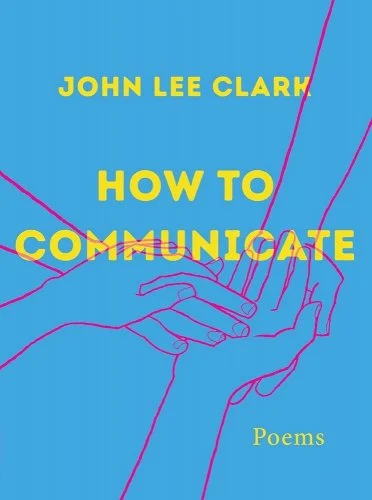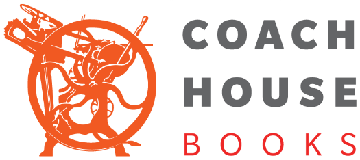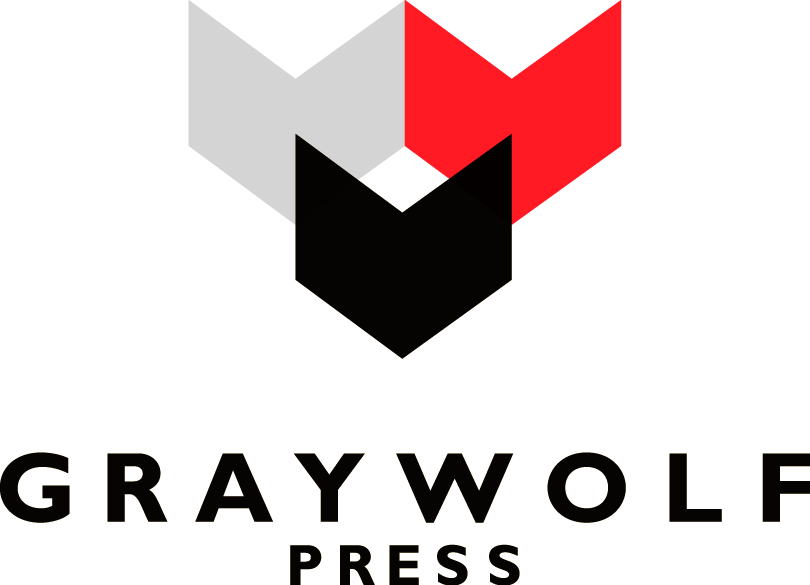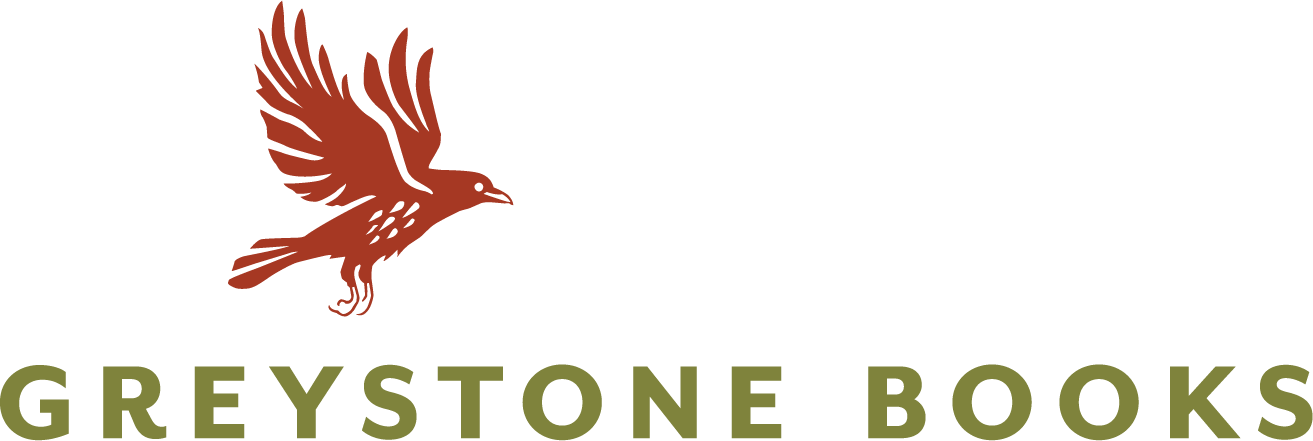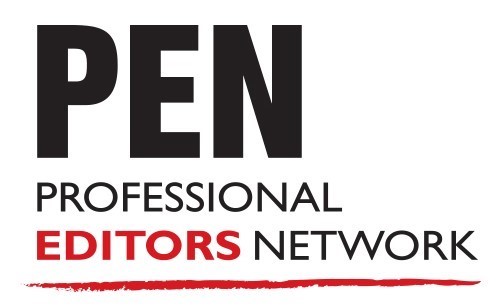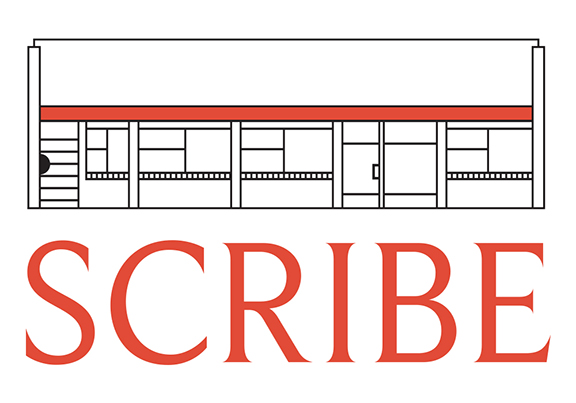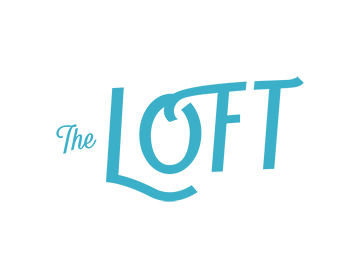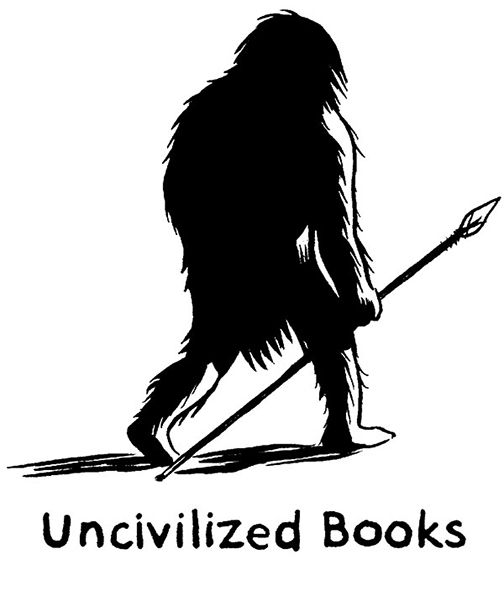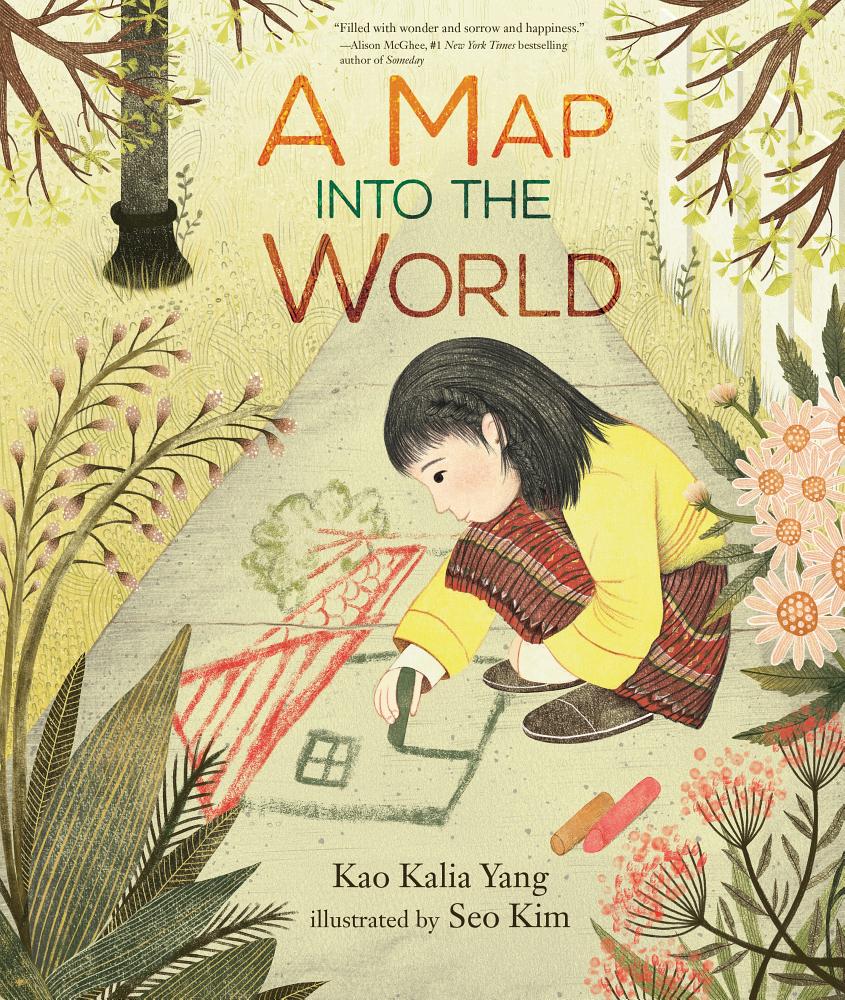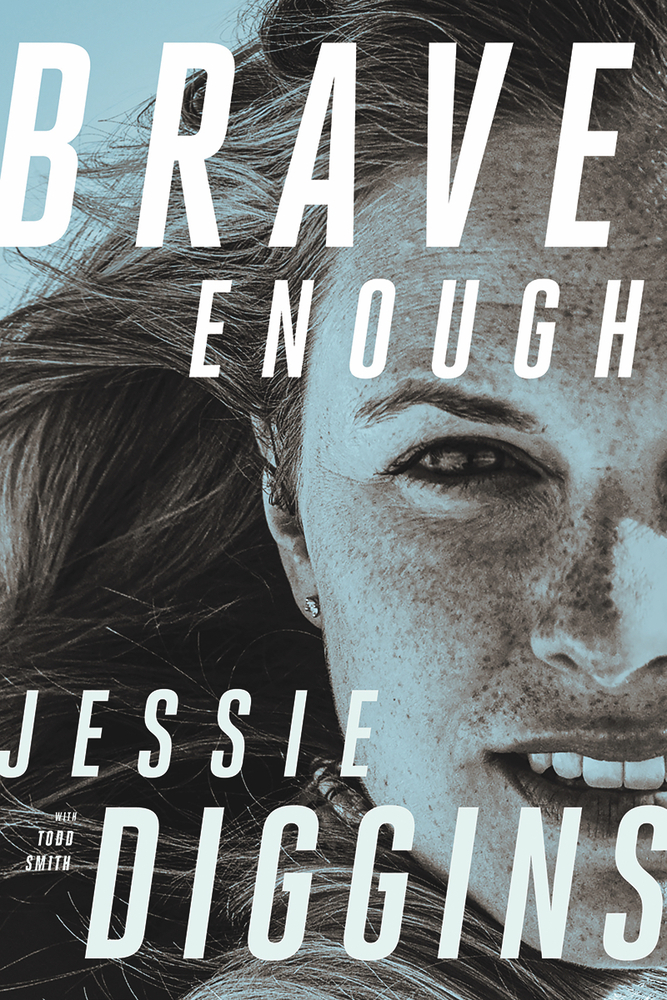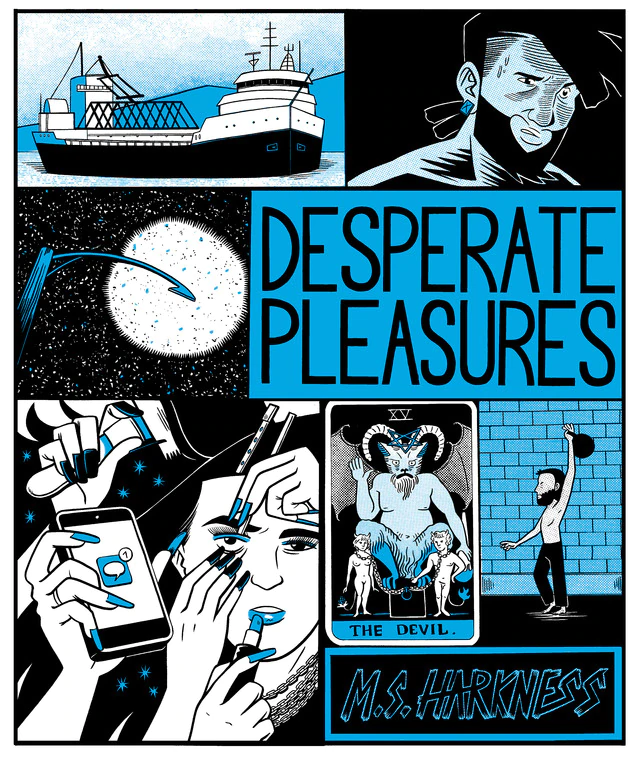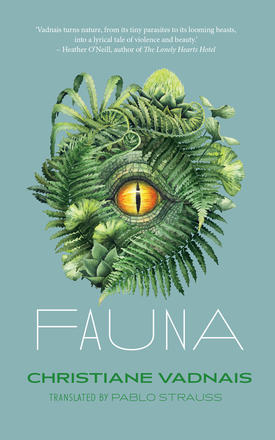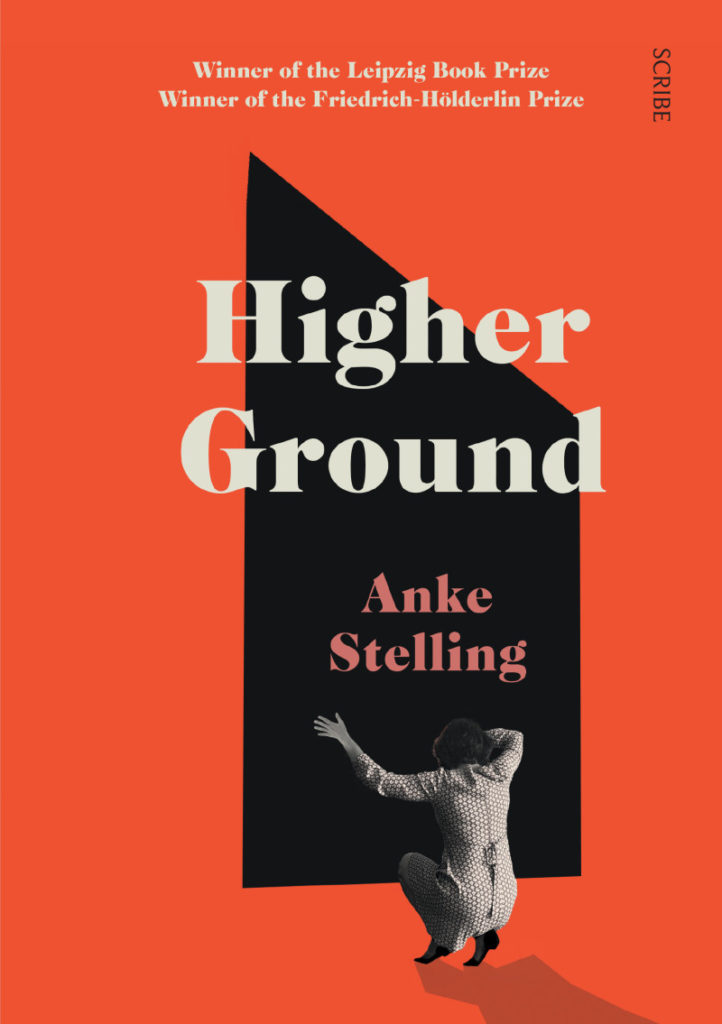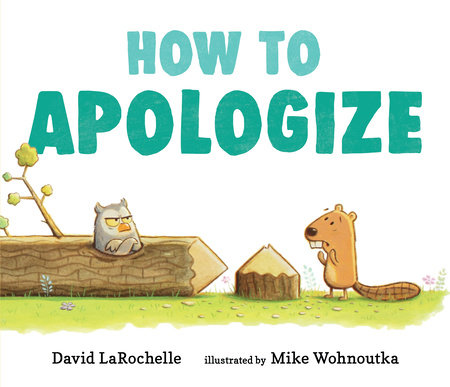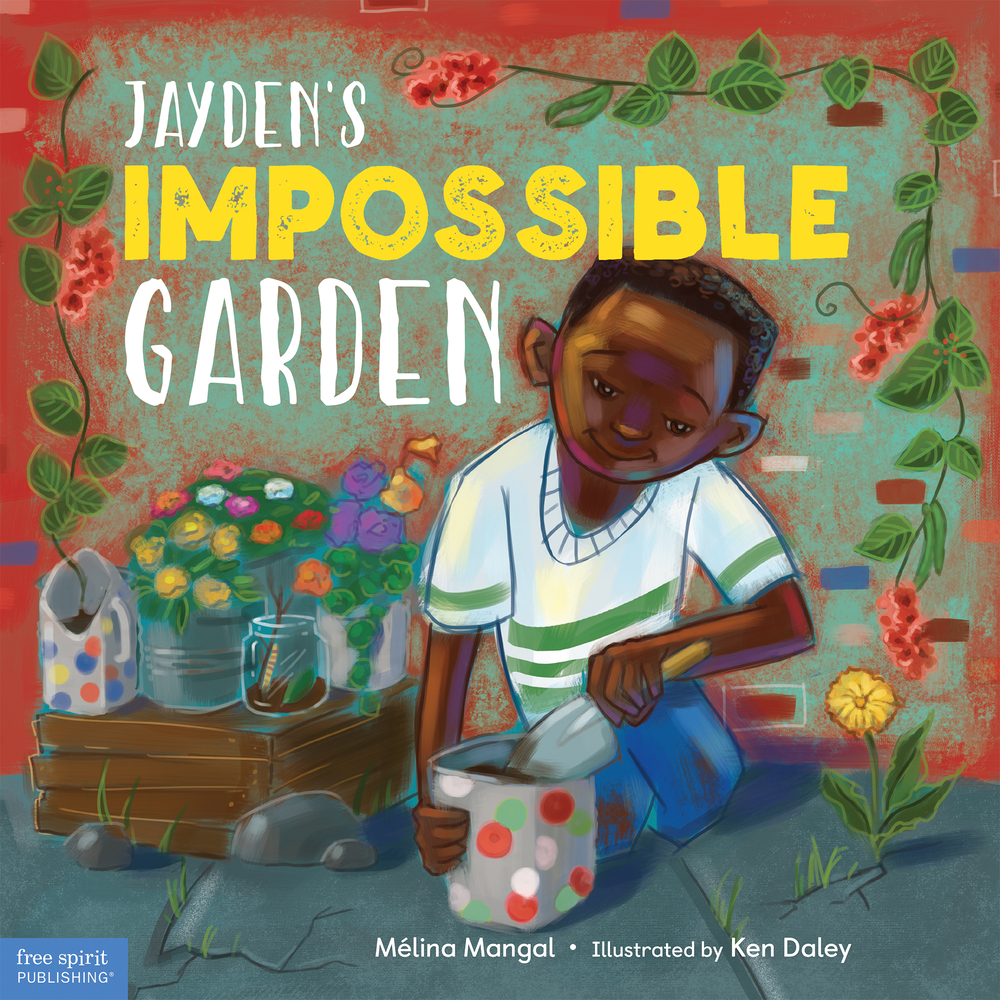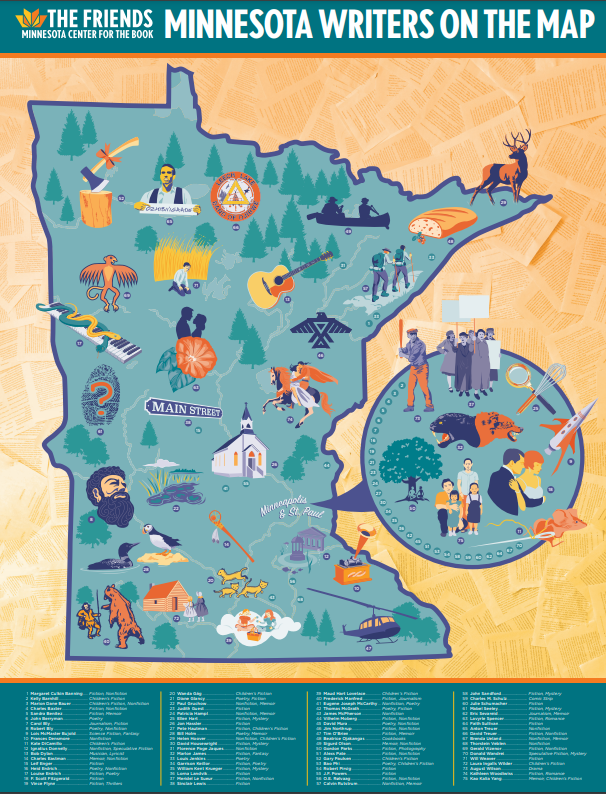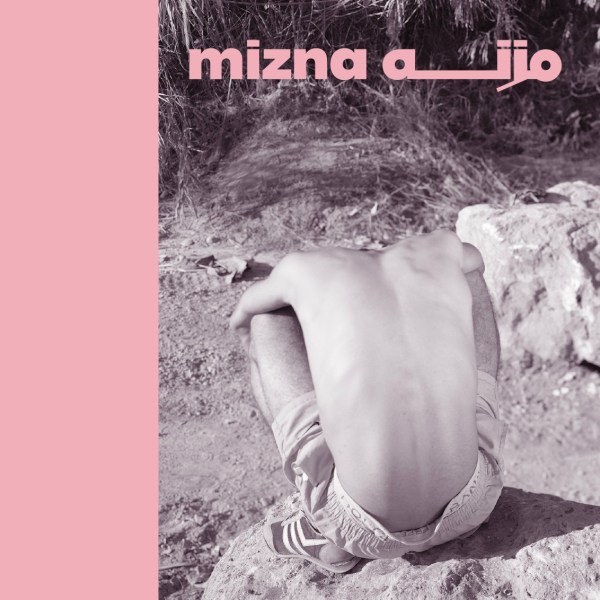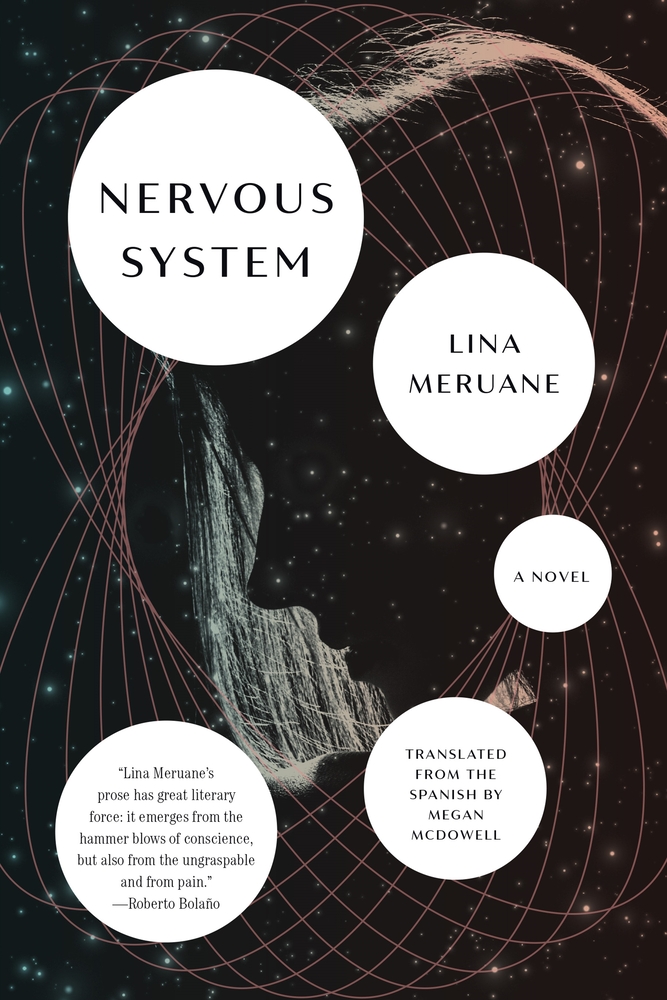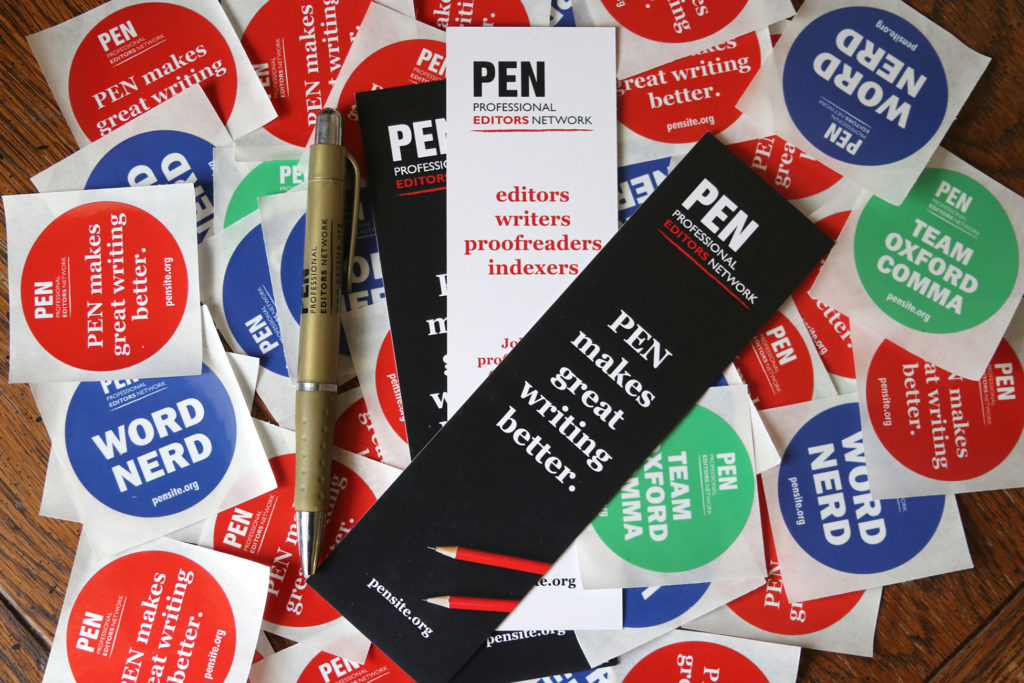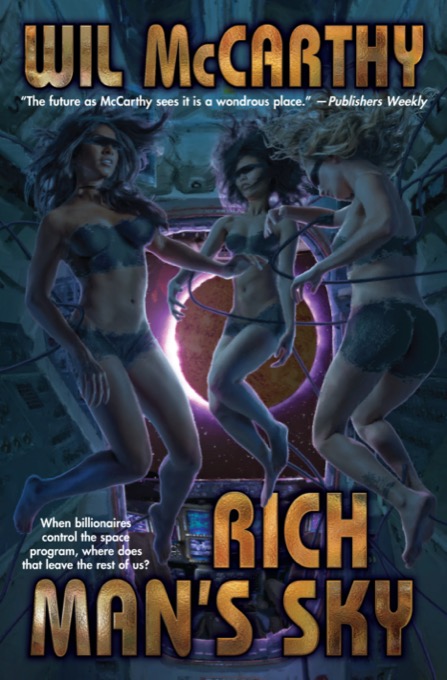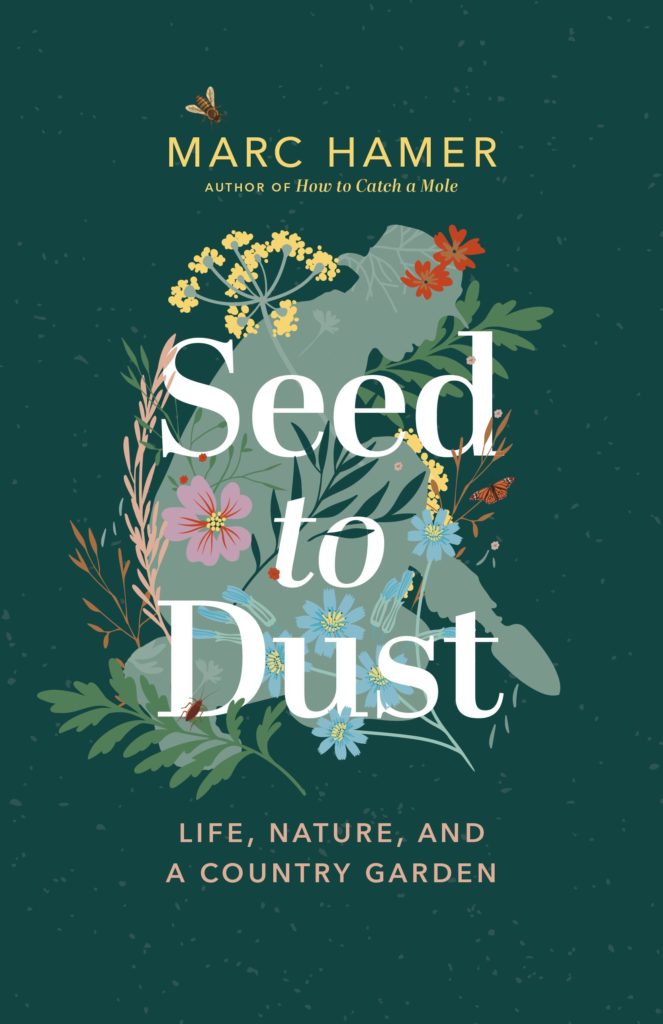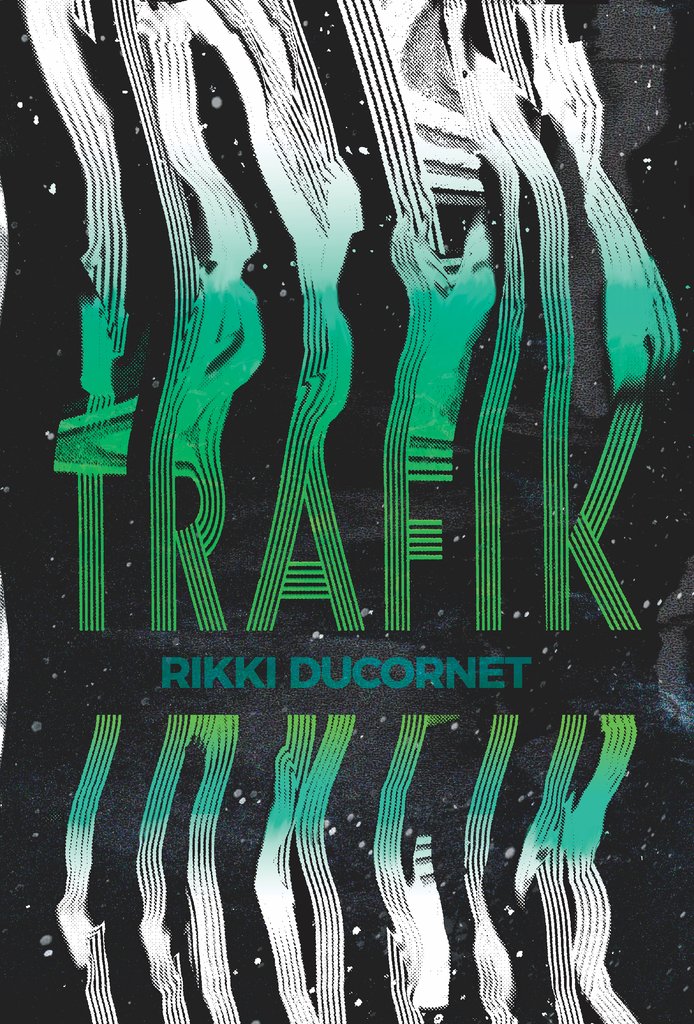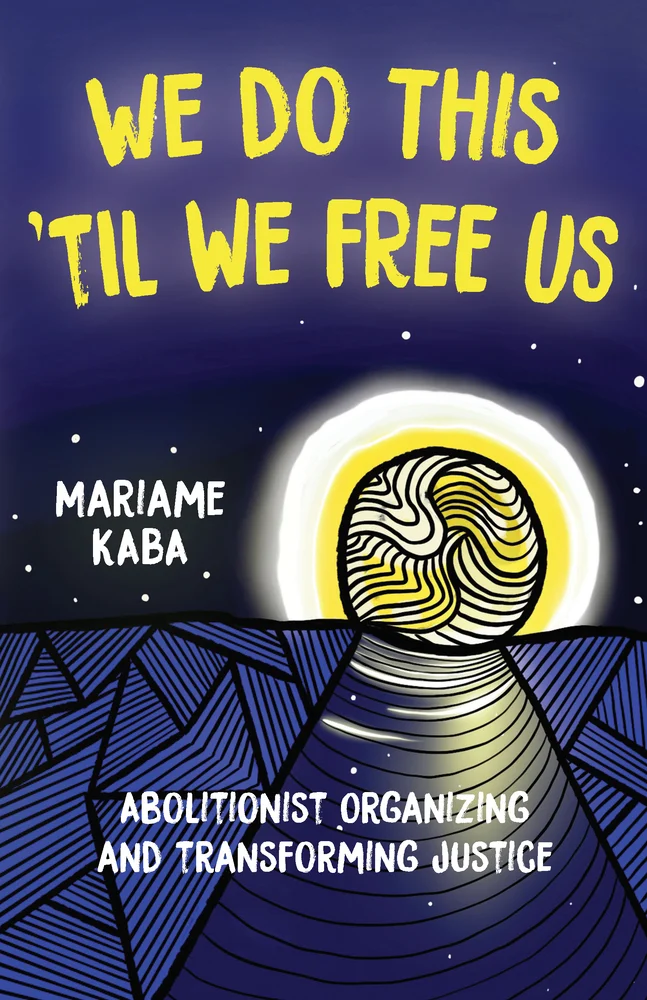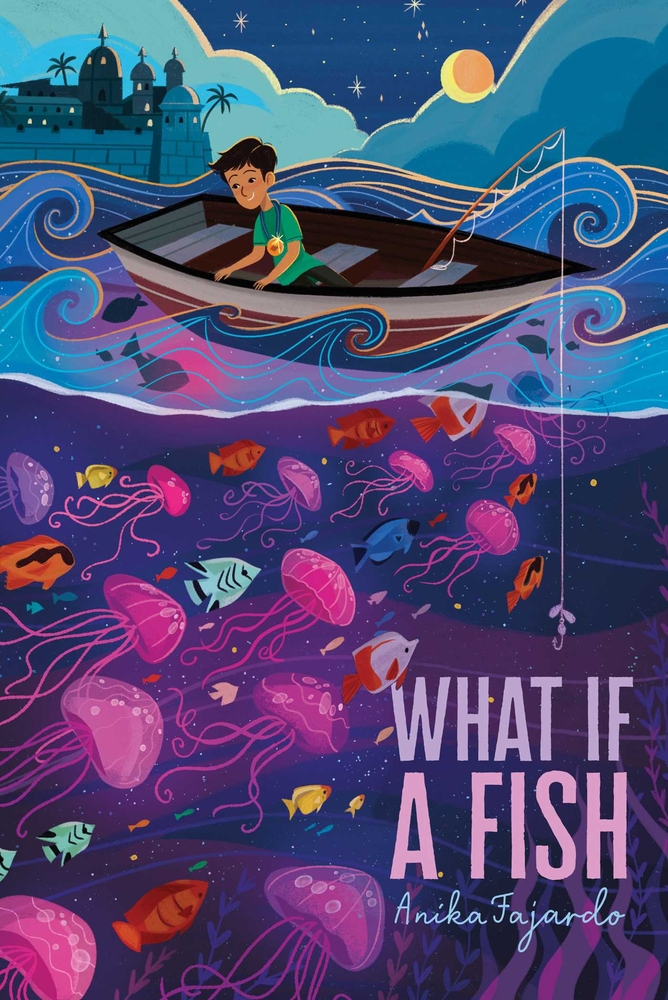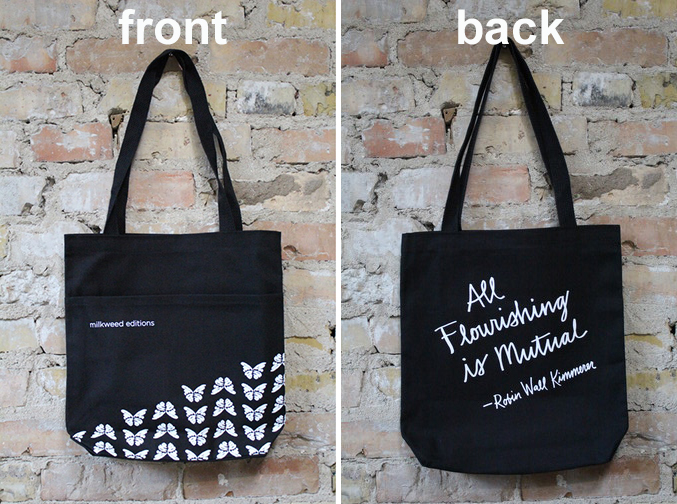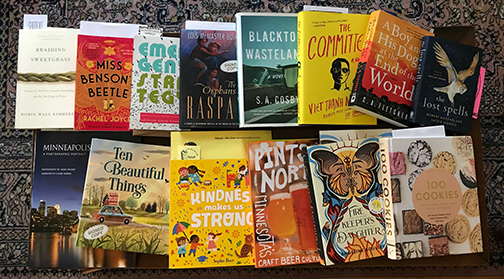To purchase issue #112 using Paypal, click here.
To become a member and get quarterly issues of Rain Taxi delivered to your door, click here.
INTERVIEWS
Lynn Levin: Playthings of Chaos | interviewed by Carolyne Wright
Elizabeth Metzger: In Two Separate Rooms, Breathing | interviewed by Tiffany Troy
Marty Cain: Pastoral Politics | interviewed by J. B. Stone
FEATURES
If and Only If | by Scott F. Parker
A Personal View: The Writer as Publisher | by David Stromberg
A Look Back: Bright Lights, Big City | by Neal Lipschutz
The New Life | a comic by Gary Sullivan
Plus cover art by John Schuerman
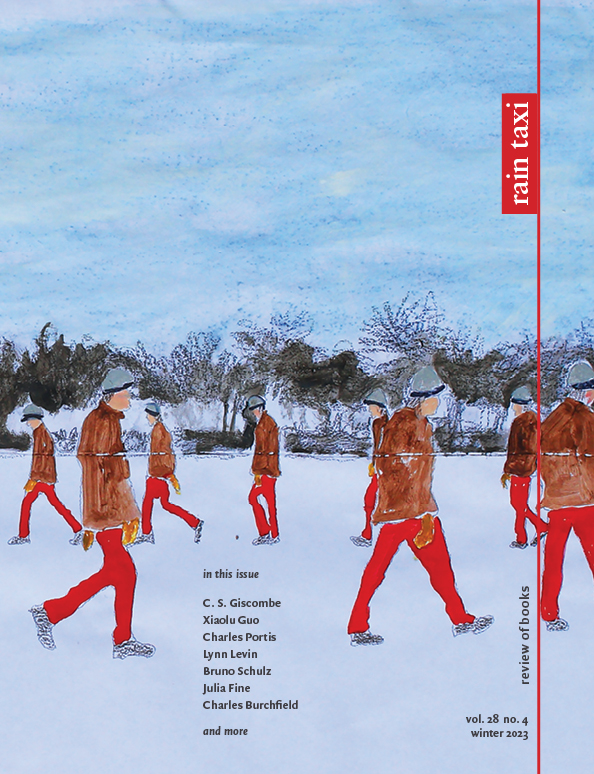
NONFICTION REVIEWS
Radical: A Life of My Own | Xiaolu Guo | by Nancy Seidler
Bruno Schulz: An Artist, A Murder, and the Hijacking of History | Benjamin Balint | by W. C. Bamberger
The Bible and Poetry | Michael Edwards | by Patrick James Dunagan
The Sphinx and the Milky Way: Selections from the Journals of Charles Burchfield | Charles Burchfield | by Eric Bies
Wildflower | Aurora James | by Connie Mitchell
FICTION REVIEWS
Charles Portis: Collected Works | Charles Portis | by Mark Dunbar
Notes from the Trauma Party | Michael Keen | by Alec Witthohn
The Belan Deck | Matt Bucher | by Chris Via
Maddalena and the Dark | Julia Fine | by Rachel Slotnick
Retrospective | Juan Gabriel Vásquez | by Jesse Tangen-Mills
What Falls Away | Karin Anderson | by Eleanor J. Bader
Harboring | James Sullivan | by Allan Vorda
POETRY REVIEWS
Negro Mountain | C. S. Giscombe | by Matthew Kirby
When I Reach for Your Pulse | Rushi Vyas | by Dale Cottingham
Late Epistle | Anne Myles | by AE Hines
Broken Glosa: An Alphabet Book of Post-Avant Glosa | Stephen Bett | by Joe Safdie
The Exhalation Therapist / Breathe A Wor(l)d | Patrick Lawler | by Tara Ballard
Hope as a Construction: New and Selected Poems | David Adams
| by Ellen M. Taylor
Until We Talk | Darrell Bourque and Bill Gingles | by D. O. Moore
Standing in the Forest of Being Alive | Katie Farris | by Jeffrey Careyva
Nice Nose | Buck Downs | by Simon Schuchat
MIXED GENRE REVIEWS
Poets on the Road | Maureen Owen and Barbara Henning | by Kit Robinson
Poetechnics / Poetécnicas: Designs from the New World | Yaxkin Melchy
| by kathy wu
COMICS REVIEWS
My Picture Diary | Fujiwara Maki | by Jeff Alford
To purchase issue #112 using Paypal, click here.
To become a member and get quarterly issues of Rain Taxi delivered to your door, click here.

